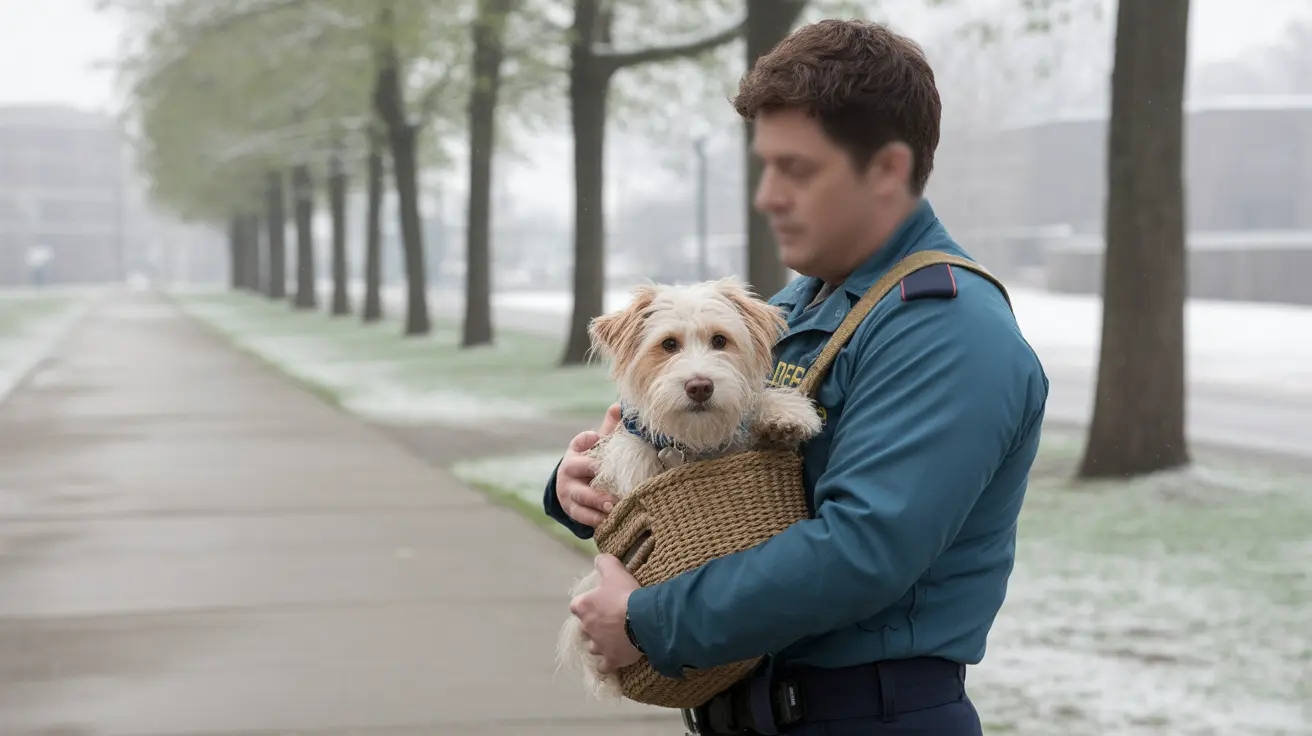How and Where to Surrender Your Dog for Free
If you're facing the difficult decision of surrendering your dog, you're not alone—many pet owners find themselves in challenging circumstances. Animal shelters and humane societies are the primary places that accept dogs from owners who can no longer care for them. However, before you proceed, there are several important steps and considerations you should know about.
Explore Support Resources First
Before surrendering your pet, it's wise to explore available support resources. Many organizations offer:
- Pet food assistance
- Low-cost veterinary care
- Behavior training
- Temporary foster care
These resources can sometimes help you keep your dog or buy you time to make the best decision. Shelters often encourage owners to try these options first, as they can help prevent unnecessary surrenders and ease overcrowding.
Try Rehoming Your Dog Yourself
Another recommended step is direct rehoming. This means finding a new home for your dog by:
- Reaching out to friends, family, and coworkers
- Posting on social media
- Using online adoption platforms
- Contacting breed-specific rescues
Rehoming your pet yourself gives you control over who adopts your dog and can help reduce the burden on local shelters. It also allows you to ensure your pet's new family is a good match.
Contact Shelters and Rescues
If rehoming isn't possible, you can contact your local animal shelters or humane societies. Most shelters require an appointment for surrenders. The process typically involves:
- Providing veterinary records and proof of ownership
- Completing surrender forms (these legally transfer ownership to the shelter)
- Bringing identification and a pet profile
- Bringing items that comfort your pet, like a blanket or toy
Some shelters prioritize strays, injured animals, or pets at risk, so space may be limited. Appointment wait times can vary from a few days to several weeks unless your situation is an emergency.
Surrender Fees and Free Options
Most shelters charge a surrender fee to help cover the cost of caring for your dog. Fees can vary depending on the facility, your location, and whether you have all required documentation. Some key points:
- Fees may be higher if you're surrendering multiple animals or lack proof of ownership.
- Shelters may waive fees in cases of financial hardship or emergencies—it's worth asking.
- Some organizations partner with rescues that might accept pets for free, especially if space allows.
Always call ahead to ask about fees, requirements, and whether free surrender is possible in your situation.
What Happens After Surrendering?
Once you surrender your dog, the animal becomes the property of the shelter or rescue. Outcomes can include:
- Adoption by a new family
- Transfer to a partner rescue
- Humane euthanasia (only as a last resort for severe health or behavior issues)
Some shelters have not euthanized healthy, adoptable pets for years, while others may have no time limits for animals in their care. You may be able to ask about your pet's outcome, but adopter information is kept private.
Key Steps Before Surrendering
- Review available financial, medical, and behavior support resources
- Consider direct rehoming through your network or reputable adoption sites
- Contact shelters to verify their process, fees, and requirements
- Prepare all necessary paperwork and comfort items for your pet
- Be ready for the legal transfer of ownership
Surrendering your dog should be a last resort after all other avenues have been explored. Shelters and rescues are committed to treating both pets and owners with compassion and respect during this transition.
Final Thoughts
No one wants to give up a beloved pet, but sometimes it's the kindest choice. By exploring every option and working closely with shelters or rescues, you can help ensure your dog gets the best possible chance at a new life.





